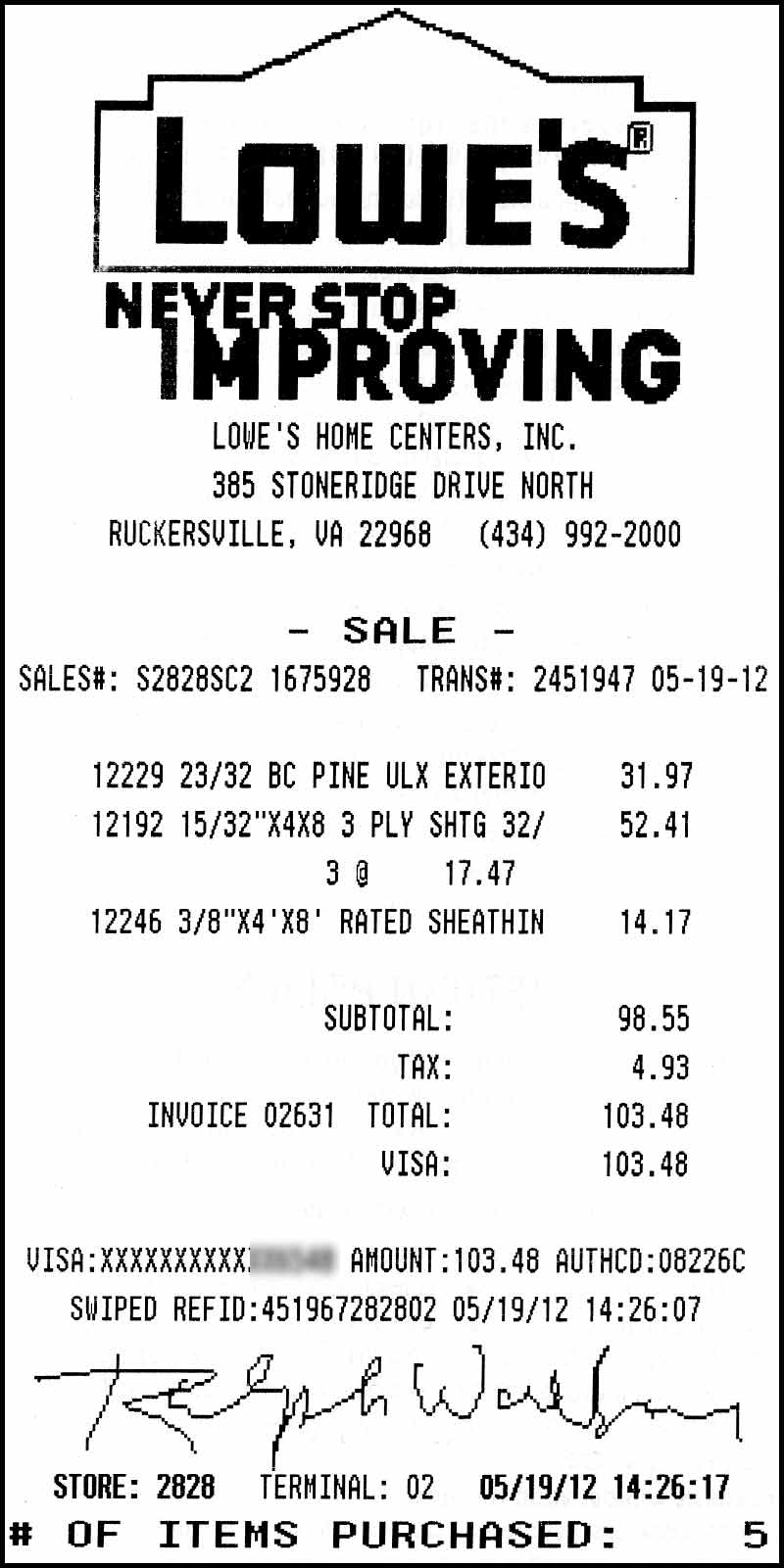

“The key to privacy is consent and control over your own information.

Customers should be outraged,” said Cavoukian. Home Depot should be drawn and quartered for this. “For most reputable companies, public shaming is a very powerful incentive not to do something.”įormer Ontario privacy commissioner Ann Cavoukian blasted Home Depot’s behaviour. “I think that public shaming is a very important tool, and it was used here,” said Elder, head of the privacy and data protection group at Toronto law firm Stikeman Elliott. “There’s a creep factor, it seems to me, where someone’s taking your email for one purpose, using it for another purpose and then linking all kinds of other data associated with that,” Geist said.Įven though Dufresne can’t issue fines, he’s got another powerful tool at his disposal, argued privacy lawyer David Elder. If they did, Meta compared the person’s in-store purchases to Home Depot’s advertisements sent over the platform to measure and report on the effectiveness of those ads. Information sent to Meta was used to verify if a customer had a Facebook account. The investigation found Home Depot had been collecting customer email addresses at store checkouts for the stated purpose of providing customers with an electronic copy of their receipt since at least 2018. Geist said there’s a “creep factor” to what Home Depot had been doing.

“We’ve definitely seen an increase in privacy class actions in Canada and this kind of misuse of personal information is typically at the heart of those cases,” Geist said. “With the large multinationals that people envision when they think of this, unless you’re dealing with serious penalties, you run the risk of smaller fines being seen just as a cost of doing business,” said Geist, who said a class-action lawsuit against Home Depot - and potentially Meta - is a real possibility. The Privacy Commissioner has not had significant powers so the best you can get is a non-binding finding,” said Geist, the Canada Research Chair in internet and E-Commerce Law.īill C27, said Geist, envisions penalties in the millions of dollars for privacy infractions, something that’s needed to get the attention of large companies. “This has been an ongoing problem with the law. Michael Geist, a law professor at the University of Ottawa, agreed that Dufresne’s ability to punish companies who fall afoul of privacy law is limited.


 0 kommentar(er)
0 kommentar(er)
